Peanuts
One of the crops with the greatest potential in agribusiness in Tajikistan is peanuts. In Tajikistan, peanuts can be grown by entrepreneurs for sale as a raw material, as well as used for processing, storage and production of various products in their business. In 1903, American scientist George Carver worked on the production of various peanut products and identified over 300 products that an entrepreneur could produce and earn a good income. In other words, in Tajikistan, peanuts are one of the most viable products for business.
From each hectare of peanuts, you can get from 1500 to 2000 kg of crop.
Peanuts are a valuable oilseed crop. Among other oilseeds, it is distinguished by high oil content of seeds and quality of oil. The seeds contain up to 50-60% high-quality edible, non-drying oil and 35% protein.
About 60 types of confectionery can be made from peanut seeds. Peanut oil is not inferior in quality to olive oil, it is used in food, as well as in the canning, margarine, soap industry and in medicine. Peanut cake is rich in protein (40-45%), contains 7-8% fat and is used for the manufacture of canned food, halva, cookies, chocolate, coffee, cakes and other confectionery.
The studies conducted by scientists in the US state of Iowa showed that people in whose diet at least 4 times in 7 days a peanut appears are 37 percent less at risk of ischemia. In addition, each additional serving of the product, according to scientists, reduces this danger by another 8.3%. Moreover, all this is due to the chemical composition of the product, which includes magnesium, nicotinic acid, copper, oleic acid, and antioxidants. Together they create powerful protection for the heart, blood vessels and other organs.
Peanuts reduce the risk of gallstone formation by almost 4 times. Scientists explain this effect quite simply. Gallstones are essentially pure cholesterol. Peanuts lower cholesterol levels. Therefore, it is not surprising that the peanut protects against the formation of gallstones.
For 10 years, scientists in Taiwan have been investigating the relationship between peanuts and the risk of colon cancer. The experiment involved 12,000 men and women. The result pleasantly surprised the scientific world. It turned out to be enough to eat at least 2 servings of peanuts per week to reduce the risk of bowel cancer in women by almost 58% and by 27% in men. In addition, this is an undeniable benefit for the body.







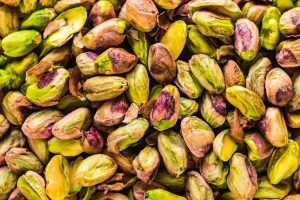
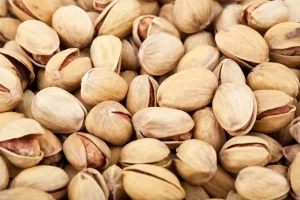
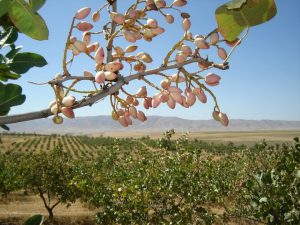
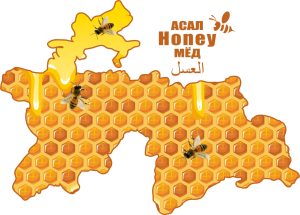
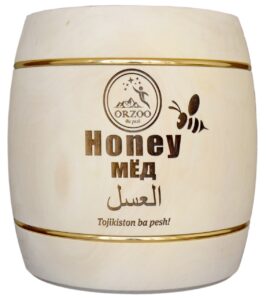 500 g.
500 g. 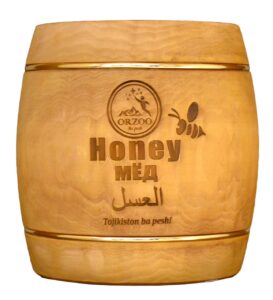 500 g.
500 g. 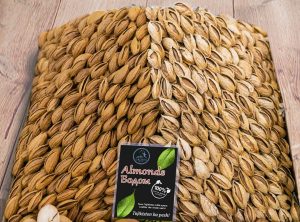
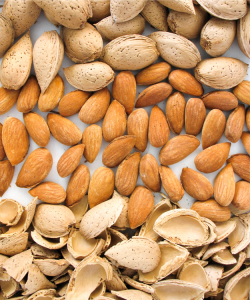 Almond is a light-loving and drought-tolerant tree, it grows in the western part of the Hisar mountain range, the basin of the Varzob river, the branches of the Darvaz mountain range, the basin of Surkhob and Yakhsu villages (at an altitude of 800-1600m above sea level). Also, its high-yielding and high-quality varieties are grown in Khatlon region, including in Qabadian district, etc. Various types of it are also widespread in Afghanistan, Iran, and Asia Minor countries. In the Republic of Tajikistan, there are mainly 3 types of it -almond,Steamed almondsand sweet almonds grow.
Almond is a light-loving and drought-tolerant tree, it grows in the western part of the Hisar mountain range, the basin of the Varzob river, the branches of the Darvaz mountain range, the basin of Surkhob and Yakhsu villages (at an altitude of 800-1600m above sea level). Also, its high-yielding and high-quality varieties are grown in Khatlon region, including in Qabadian district, etc. Various types of it are also widespread in Afghanistan, Iran, and Asia Minor countries. In the Republic of Tajikistan, there are mainly 3 types of it -almond,Steamed almondsand sweet almonds grow.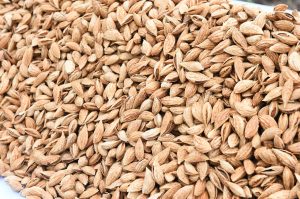
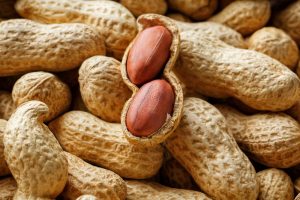
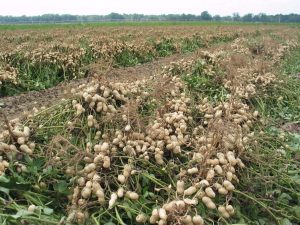 Одной из сельскохозяйственных культур, обладающих наибольшим потенциалом в агробизнесе Таджикистана, является арахис. В Таджикистане арахис может выращиваться предпринимателями для продажи в качестве сырья, а также использоваться для переработки, хранения и производства различных продуктов в их бизнесе. В 1903 году американский ученый Джордж Карвер работал над производством различных продуктов из арахиса и выделил более 300 продуктов, которые предприниматель мог производить и получать хороший доход. Другими словами, в Таджикистане арахис – один из самых жизнеспособных продуктов для бизнеса.
Одной из сельскохозяйственных культур, обладающих наибольшим потенциалом в агробизнесе Таджикистана, является арахис. В Таджикистане арахис может выращиваться предпринимателями для продажи в качестве сырья, а также использоваться для переработки, хранения и производства различных продуктов в их бизнесе. В 1903 году американский ученый Джордж Карвер работал над производством различных продуктов из арахиса и выделил более 300 продуктов, которые предприниматель мог производить и получать хороший доход. Другими словами, в Таджикистане арахис – один из самых жизнеспособных продуктов для бизнеса.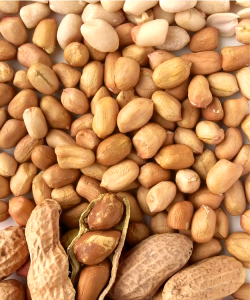

 Another life-giving product from “ORZOO” brand is natural mineral water “Obi Fayzobod”, which pleases lovers of environmentally friendly products in 0.5 liters plastic bottles!
Another life-giving product from “ORZOO” brand is natural mineral water “Obi Fayzobod”, which pleases lovers of environmentally friendly products in 0.5 liters plastic bottles!


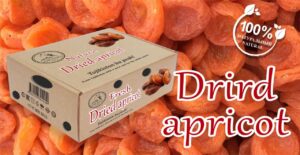




















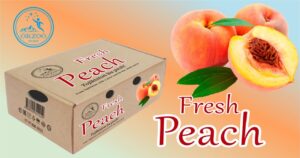
 Natural plum from Tajikistan is not processed with sulfur, oil, syrup and other preservatives. Differs in excellent aroma and sweet pulp.
Natural plum from Tajikistan is not processed with sulfur, oil, syrup and other preservatives. Differs in excellent aroma and sweet pulp.
 Very ripe and very tasty cherry! She grew up in the mountains of Tajikistan, where she was collected and carefully dried in a completely natural way.
Very ripe and very tasty cherry! She grew up in the mountains of Tajikistan, where she was collected and carefully dried in a completely natural way.